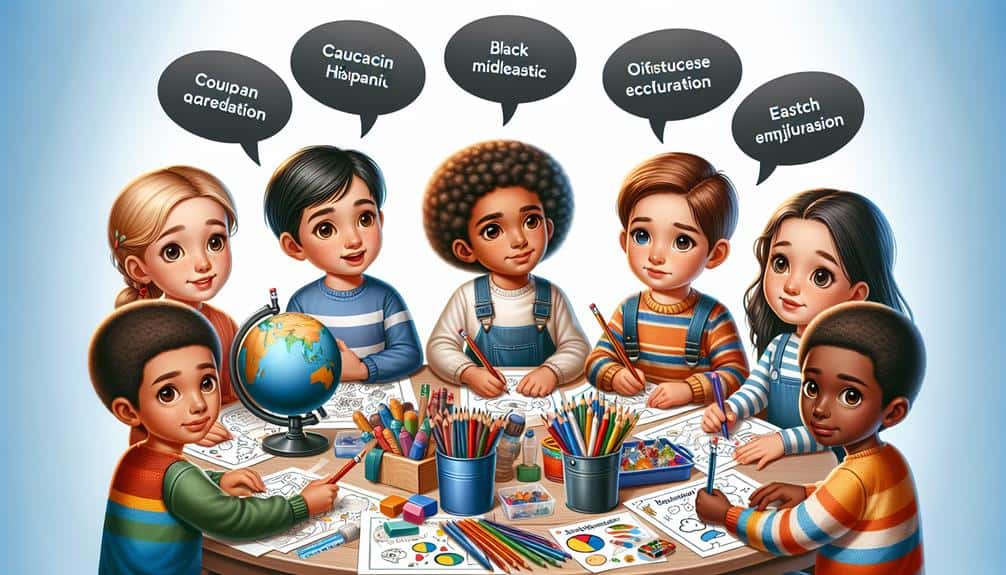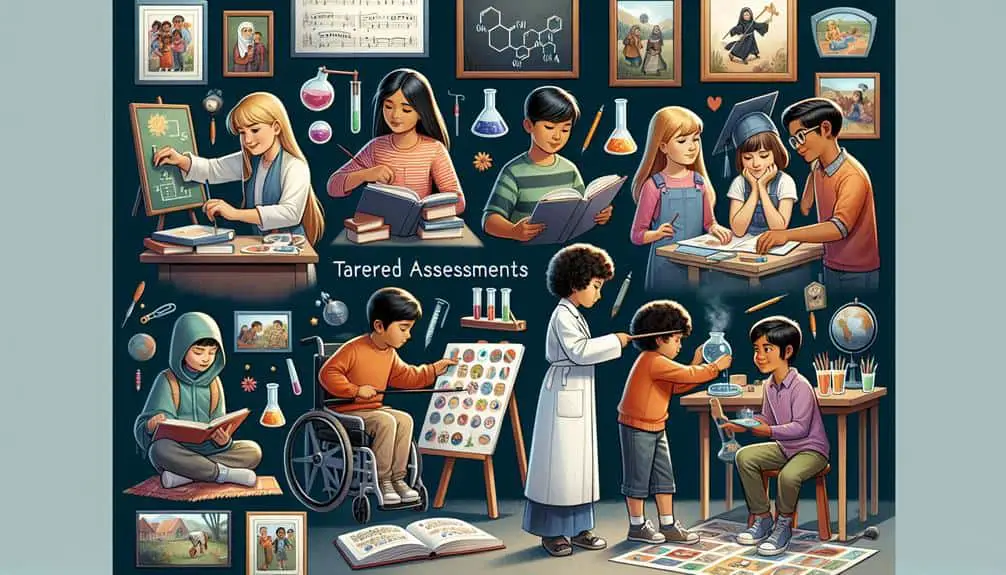7 Best Strategies for Assessing Multiple Intelligences in Homeschoolers
Evaluating multiple intelligences in homeschoolers involves identifying strengths and weaknesses, utilizing evaluation tools, documenting interests, and using project-based evaluations. Encourage self-reflection, conduct informal conversations, and seek professional evaluations as needed. Tailoring educational strategies to individual needs enhances learning outcomes. These strategies contribute to a well-rounded evaluation approach for homeschoolers. Key Points Utilize multiple intelligences assessment […]
7 Best Strategies for Assessing Multiple Intelligences in Homeschoolers Read More »









